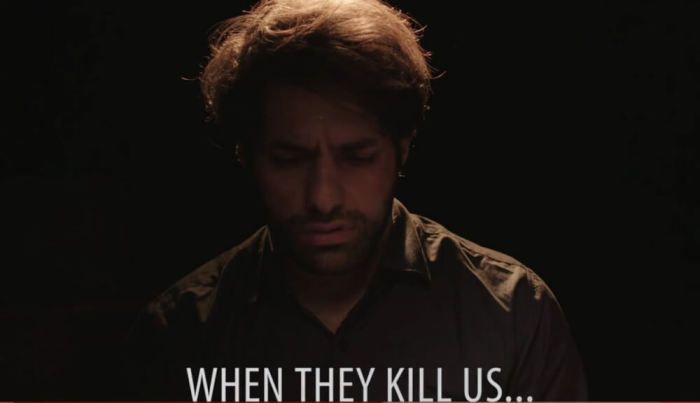Evangelicals, Pentecostals Are More Likely Than Other Christians to Be Persecuted: Report

WASHINGTON — Evangelicals and Pentecostal Christians are most at risk among persecuted Christians in part because of their zeal to evangelize, a new study shows.
Key findings of "In Response to Persecution," a new study of Notre Dame's Under Caesar's Sword project, were revealed Thursday at the National Press Club where panelists mentioned several times during a discussion that evangelicals and Pentecostals are targeted for persecution more intensely than mainline, Catholic, and Orthodox believers for several reasons.
In many nations, the report reads, "evangelicals and Pentecostals are comparatively recent arrivals and thus have not established patterns relating to surrounding populations and government to the same degree with churches with centuries of history in a given region."
They are also perceived as being supported by like-minded believers in the West, the research finds.
But perhaps most importantly, because evangelicals and Pentecostals understand evangelization and the necessity of conversion as "verbal, urgent, and sometimes dramatic processes," they actually anticipate being persecuted.
Both governments hostile to Christianity and non-state actors like terrorist groups and militant varieties of other religions thus view them as more of a threat.
While a pattern and not an exact correlation since other churches also evangelize sometimes and in some cases evangelicals and Pentecostals seek cooperative relationships with the state, the trend does hold in several nations.
In Central Asian Republics and in Russia, where ever since the conclusion of the Cold War extensive missionary activity has risen dramatically, persecution is strong.
The repression of evangelical and Pentecostal Christianity is particularly severe in Iran; Christians in that country routinely "disguise their faith in public, aiming to appear little different from the surrounding Muslim culture."
Such a survival strategy is not at odds with their faith, the report notes in another of its key findings.
Yet many Christians are willing to profess their faith publicly and contend for their rights, and thus risk being killed, which comports with their theology. When Christians in repressive countries do dare to confront regimes opposed to their faith they do so with the expectation of harsh consequences. The word martyr, the study notes, is derived from the Greek for "witness" and those who die for their faith "embody the fullest expression of Christian freedom, testifying with their lives to the ultimate triumph of the God in whom they hope."
"When Chinese Catholic and Protestant leaders accepted decades of imprisonment for their refusal to join the Communist government's official church structures, and when Pakistan's Shahbaz Bhatti stood for persecuted minorities, knowing that a form of martyrdom was their likely fate, they bore witness not only to their God but also to the dignity of all, Christians and non-Christians alike," the report reads.
The Under Caesar's Sword project is a three-year research endeavor and a collaboration of 17 scholars and academic centers including the Notre Dame Center for Ethics and Culture, the Religious Freedom Institute, and Georgetown University's Religious Freedom Research Project.




























